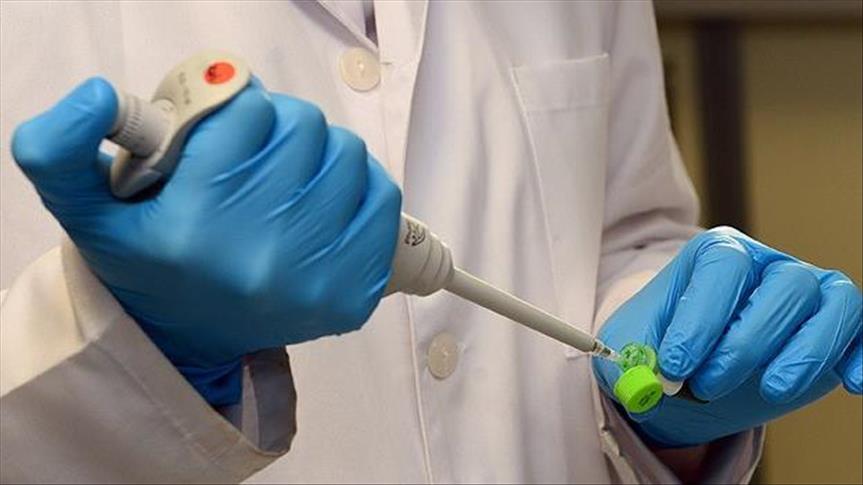
Uganda
By Halima Athumani
KAMPALA, Uganda
Touted as a way to improve access and data collection, a move to identify HIV patients in Uganda using fingerprints is drawing fire from some activists, citing concerns over privacy and possible abuse.
Speaking to Anadolu Agency, Professor William Bazeyo, the head of Kampala’s Makerere School of Public Health, explains, “It’s a multiply beneficial tool for patients, the health unit, and policy-makers and general global monitoring of HIV in Uganda and the trend of drugs being used here.”
The project including fingerprinting is financed by the US Centers for Disease Control and will be implemented in 48 districts across the country where the CDC operates.
Bazeyo says, “We do not have a proper monitoring system to know how many people have HIV and the numbers we have now are a bit exaggerated, so this mechanism will be exact because it will track them nationwide.”
In light of how HIV patients tend to go to different clinics and end up being given different drug combinations, he adds, “Whoever examines you will be able to know your sero status, the kind of complications you have when taking which drugs, but also [how to] avoid overdosing and know which drugs you are resistant to.”
However, the new system comes amid human rights concerns from health activists. Asia Russell, executive director for the Health Global Access Project, an international policy and advocacy organization, asks, “How will patient confidentiality be ensured under this new system? Because we already know about breaches within the current existing systems.”
She tells Anadolu Agency, “I think the point is to use unique biomarkers, someone could still protect their identity and use a fake name.”
Russel suggests, “The researchers need to prioritize the issue of confidentiality and develop new protections that correct for the weaknesses that are already here, otherwise they could be more pronounced.”
According to a UNAIDS Uganda progress report last year, Uganda is still classified as a high burden country with a high number of persons living with HIV. The disease has continued to grow, partly due to the continued spread of HIV, as well as increased longevity among persons living with HIV.
National projections based on estimates from the Spectrum Uganda NGO indicate a rising number of people living with HIV, standing at 1.5 million in 2014, and a large number of orphans due to AIDS, about one million.
But Uganda’s Health Minister Elioda Tumwesigye argues that it’s for this precise reason that the case-based surveillance will focus on fingerprint technology. “It will not only improve access to services but also aid in tracking HIV patients, drugs, and generating information that can be used for decision making.”
Bazeyo says through proper monitoring, it will be easy to know the kind of drugs available in the country, where they come from, and who is sponsoring or selling them to Uganda. “This will help policymakers in drug stocking and knowing how much people consume annually instead of buying in excess for ghosts.”
But Odwe Dennis, executive director of the Action Group for Health, Human Rights and HIV/AIDS, says even though the technology will help keep up with follow-ups for people with HIV, “A fingerprint is attached to your name and someone can misuse this information, unless health workers strictly adhere to the non-disclosure patient-doctor confidentiality principle.”
He argues, “This system will contribute highly to stigma and discrimination because people would have already known who is HIV positive.”
Odwe is convinced the government is putting into effect the 2014 HIV Prevention and Control Act that makes it mandatory to test pregnant women and their partners, and allows medical providers to disclose a patient’s HIV status to others. It also criminalizes HIV transmission, attempted transmission, and behavior that might result in transmission by those who know their HIV status.
But Bazeyo insists that patients’ confidentiality will be tightly protected, since the information retrieved will only be shown when the patient’s fingerprint is used. But he adds, “The centers that share the information will purposely be able to tag the patient and do proper follow-up in case a patient stops coming in for drugs for a certain period.”
Anadolu Agency website contains only a portion of the news stories offered to subscribers in the AA News Broadcasting System (HAS), and in summarized form. Please contact us for subscription options.




